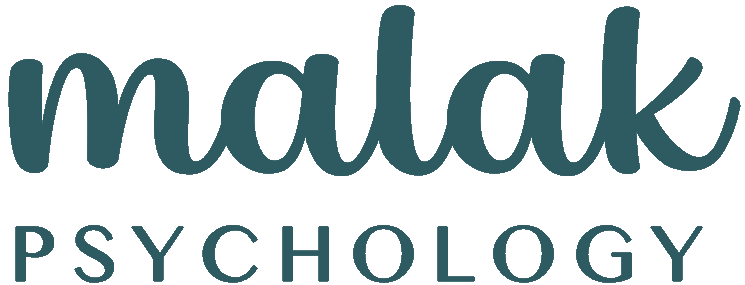Types of therapies offered:
- Acceptance and Commitment Therapy (ACT)
A type of therapy that helps people accept their thoughts and feelings rather than fighting them, while also committing to actions that align with their values.
- Adlerian Therapy
Based on the ideas of Alfred Adler, this approach focuses on overcoming feelings of inferiority and building a sense of belonging and purpose.
- Attachment-Based Therapy
Focuses on building or repairing emotional bonds, often by exploring early childhood relationships and how they impact current connections.
- Cognitive Behavioral Therapy (CBT)
A structured, goal-oriented approach that helps people change unhelpful thoughts and behaviors to improve how they feel.
- Cognitive Processing Therapy (CPT)
A specific form of CBT designed for treating PTSD by helping individuals reframe and process traumatic experiences.
- Compassion Focused Therapy
Aims to help people develop self-compassion and reduce feelings of shame and self-criticism, especially in those who are highly self-critical.
- Culturally Sensitive Therapy
Recognizes and respects a client’s cultural background, values, and experiences in the therapeutic process.
- Dialectical Behavior Therapy (DBT)
Combines CBT techniques with mindfulness and emotional regulation strategies, often used for people with intense emotions or borderline personality disorder.
- Emotionally Focused Therapy
Often used for couples, this therapy strengthens emotional bonds by identifying and reshaping patterns of attachment and emotional response.
- Family / Marital Therapy
Focuses on improving communication and resolving conflicts within families or couples by examining relational patterns.
- Family Systems Therapy
Views problems within the context of family dynamics, treating the family as an interconnected system rather than focusing on one individual.
- Feminist Therapy
Empowers individuals by addressing issues related to gender, social equality, and the impact of power structures on mental health.
- Humanistic Therapy
Focuses on personal growth and self-actualization by emphasizing empathy, authenticity, and the client’s capacity for self-healing.
- Integrative Therapy
Combines techniques from various therapy approaches to best meet the individual needs of the client.
- Internal Family Systems (IFS)
Views the mind as made up of different “parts” or subpersonalities, and helps individuals heal by fostering harmony among them.
- Interpersonal Therapy (IPT)
Focuses on improving relationships and social functioning to help reduce symptoms of depression and other issues.
- Multicultural Therapy
Integrates awareness of cultural identities and experiences into the therapy process to better support individuals from diverse backgrounds.
- Person-Centered Therapy
Developed by Carl Rogers, this approach provides a nonjudgmental, supportive space where clients are encouraged to lead the conversation and find their own solutions.
- Psychological Testing and Evaluation
Uses standardized assessments to gain insight into a person’s mental health, personality, cognitive abilities, or behavior patterns.
- Solution-Focused Brief Therapy (SFBT)
A short-term, goal-oriented therapy that emphasizes finding solutions and building on what’s already working.
- Somatic Therapy
Connects mind and body by using physical techniques (like breathing or movement) to release trauma and emotional tension stored in the body.
- Strength-Based Therapy
Focuses on identifying and building upon a person’s strengths and resources to promote healing and resilience.
- Trauma-Focused Therapy
Specifically addresses the impact of trauma on a person’s mental and emotional well-being, often incorporating techniques to safely process and resolve trauma.
